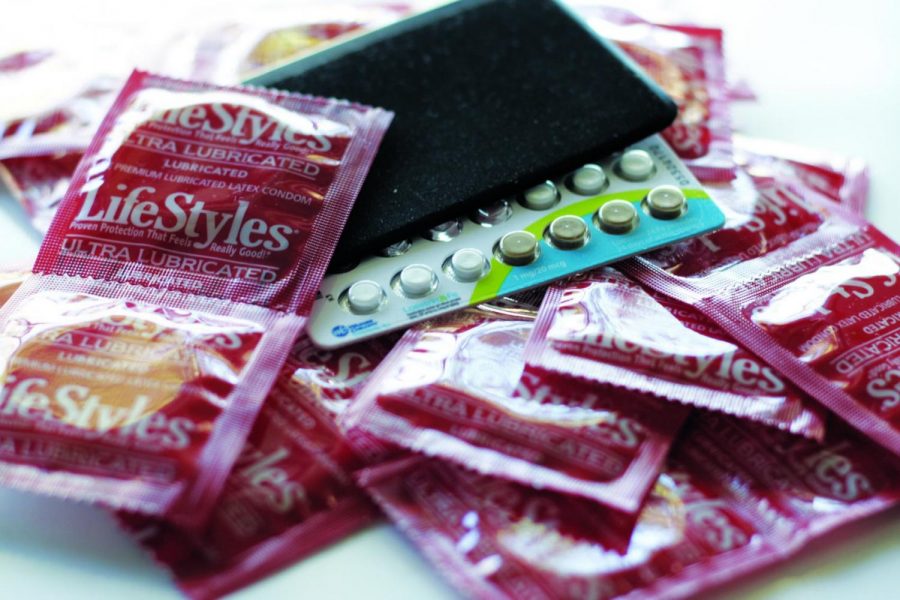Sex survey finds abstinence is up
April 14, 2011
A new report by the Center for Disease Control released in March finds that sexual abstinence is up among American teenagers and 20-somethings.
After conducting the largest ever sex health study, researchers discovered that around 27 percent of men and 29 percent of women between the ages of 15 and 24 had never had a sexual encounter. With 19 million new sexually transmitted disease cases in the U.S. each year, the survey’s findings may affect the number of STDs that are spread.
Dr. Lee Renfroe, an HPER professor, believes people should be more open to talking about sex.
“Sexuality should be addressed,” Renfroe said. “Most people’s philosophy is superficial on sexual health because they think that if they aren’t getting an STD and they aren’t pregnant, then they’re safe, but they don’t consider their sexual health.”
Many people don’t see sex as being a part of their overall health, but UNA student Jessi Hamilton thinks it affects all areas of human health, which includes physical, spiritual, occupational, environmental, mental, emotional and social health.
“I do think that sexual health has a major effect on your health,” said Hamilton. “If you aren’t careful, what you do sexually can mess up your health.”
Renfroe said students today know the dangers of sex. They know men should wear condoms, women should be on birth control, alcohol lowers sexual inhibitions, and the repercussions of a one night stand and yet they are still having dangerous sex.
“Alcohol provides the amnesia for smart decision making, condom use and birth control,” Renfroe said. “Alcohol and ‘Girls Gone Wild’ are BFFs.”
The World Health Organizations defines sexual health as “a state of physical, emotional, mental and social well-being related to sexuality, not merely the absence of disease, dysfunction or infirmity; it requires a positive and respectful approach to sexuality and sexual relationships; it provides the possibility of having pleasurable and safe sexual experiences; it is free from coercion, discrimination and violence; sexual rights of all persons must be respected, protected and fulfilled.”
“Society is not doing a good job of identifying our holistic sexual health,” said Renfroe. “When you’re not sexually healthy then you’re experimenting with a loaded gun. People today are aware of the different lifestyles; heterosexual, gay, lesbian, transgender and bisexual.”
The study found that young people are engaging more in sexual experimentation. More than 27,000 15 to 24-year-olds reported experimenting with oral sex at least once before having vaginal sex. The CDC also states that bisexuality is up among women and down among men, with women three times more likely to experiment with other women.
Renfroe thinks sexual health is greatly affected by culture, sub-culture and an individuals’ different standards.
“It’s no one size fits all here,” said Renfroe. “Most people don’t realize that having sex is like having a relationship, whether it’s two hours, two years or a lifetime.”
Many feel that it is positive for students to explore their sexual identities, as long as they take precautions.
“Students should be careful with their sexual explorations with anyone,” said Margaret Bergeron, clinical nurse for at UNA Health and Wellness Center. “There is no safe sex, but there can be ‘safer sex.’ I do feel that students need to be comfortable with their sexual identity.”












